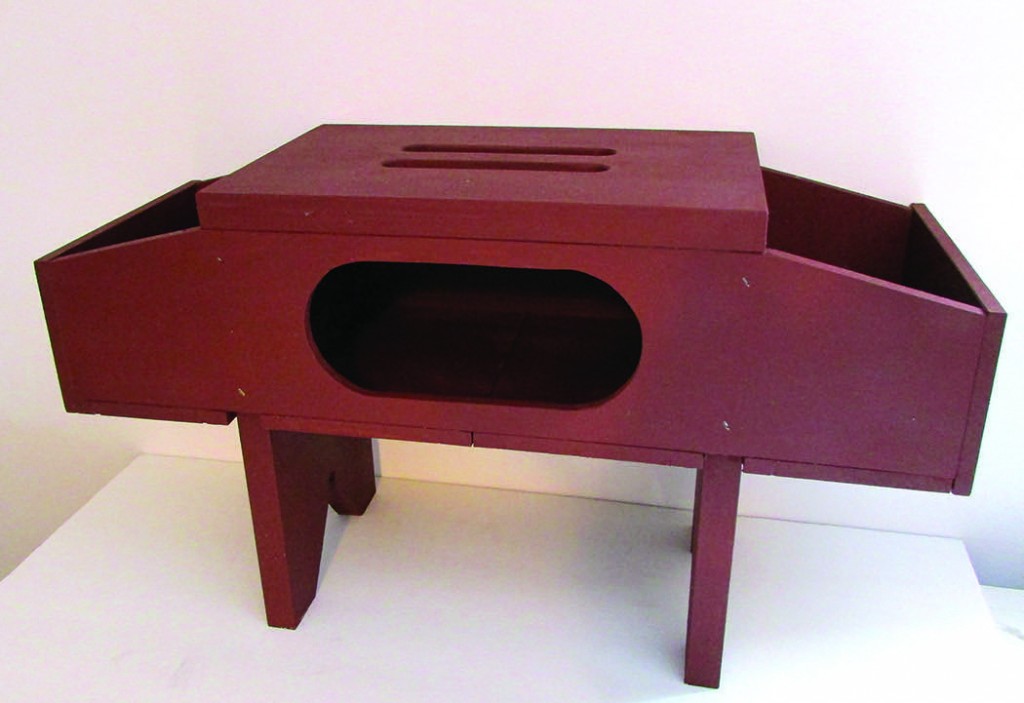
Need A Beekeeping Mentor? Why Not Ask The Bees
Ross Conrad Many indigenous cultures around the world believe that everything in the natural world has something to teach us if we are open…
Read More
Ross Conrad Many indigenous cultures around the world believe that everything in the natural world has something to teach us if we are open…
Read More
But You Need Guidelines Ann Harman Experienced beekeepers know that each colony has its own ‘personality.’ And it’s ever-changing (remember all those drones that…
Read More
Pollinator Habitat Is Disappearing At Rates Usually Reserved For Descriptions Of Amazon Rain Deforestation Michele Colopy Pollinator Stewardship Council If we are to address…
Read More
By Clarence Collison Reproducing Varroa females lay the first egg in the brood cell approximately 70 hours after host cell capping. The life cycle…
Read More
An inquiry into honey and pollen by Leah Latshaw “What is honey?” “Why is it different colors?” “How is the honey produced by a…
Read More
Biology, mentors, veterans, bees and honey by Jack Blackford When stepping into the cavernous beekeeping workshop of Ed Forney you must be prepared for…
Read More
What robots can learn from honey bees by David Hargrove and Sheridan Tekosky Honey bees, usually thought of for their contribution to agriculture, are…
Read More
Bee breeder and inventor – 100 years of apiaries and orchards by M.E.A. McNeil The cars rolled up California 162 and Ord Ferry Road,…
Read More
It’s important to know what blooms when and where by Denise Ellsworth Spring can be slow to arrive to Ohio. Here in the Buckeye…
Read More
CO2, UV light, temperature and humidity all affect nectar production and quality by Carmine DeStefano The practice and art of beekeeping is a tremendously…
Read More
Plan on coming to Medina in October by Bee Culture Staff Join Bee Culture Magazine’s Exploration of the Four Pillars of Honey Bee Management…
Read More
by Ross Conrad There are various ways to feed and each option has benefits and drawbacks for you and your bees. The month of…
Read More
by Connie Krochmal Beekeepers in warm climates can choose from a number of bee trees. Choices include the native red bay and the common…
Read More
A routine aspect of beekeeping by James E. Tew It is a beehive fact of life Occasional dead bee colonies – at any time…
Read More
Beeswax is a complex substance made up of wax esters, fatty acids and hydrocarbons. by Clarence Collision Wax is used by honey bees to…
Read More
by Marcel Durieux One of the charms of the top-bar hive (TBH) is its lack of standardization. It comes in a variety of forms,…
Read More
If you know about woodworking you can do this by Peter Siehling The 1901 edition of ABC of Bee Culture features a woodcut with…
Read More
Small hive beetle in Italy. And maybe beyond! by Andrea Quigley Two months ago, we looked at the woes of Calabrian beekeepers facing bankruptcy…
Read More
Join Bee Culture Magazine’s Exploration of the Four Pillars of Honey Bee Management in October, 2015 at the Bee Culture Conference Center (on the…
Read More